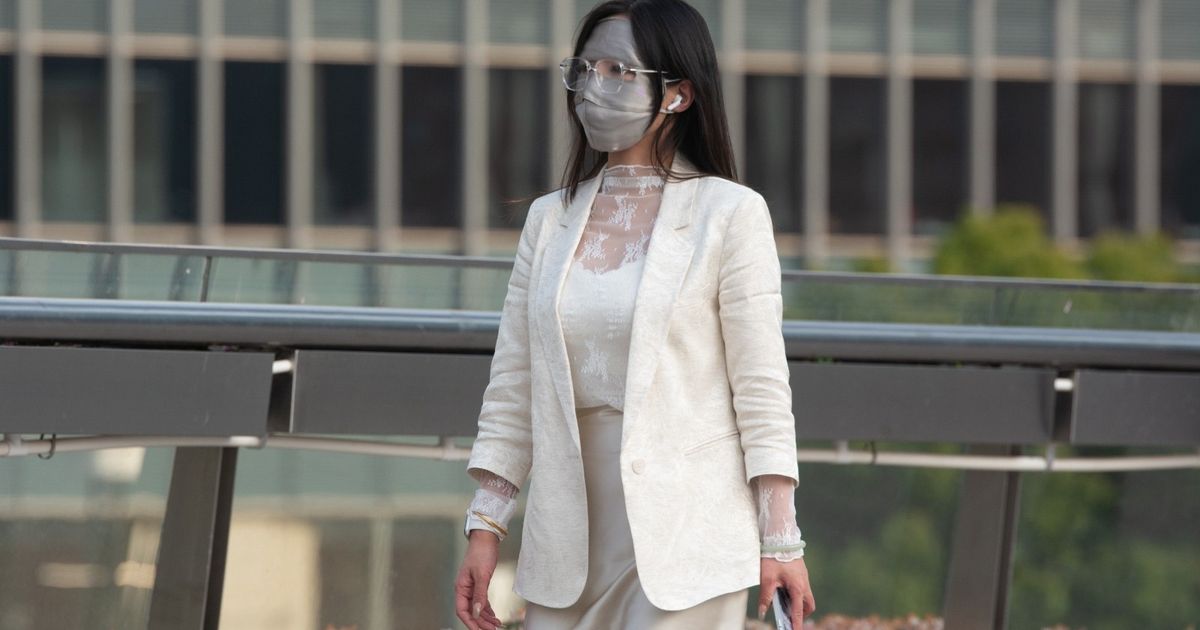The World Health Organization member states hope to close more than three years of negotiations on new rules for preparation and response to epidemics that could take place in the future, when the talks resumed in Geneva, after the Corona virus paved the life of millions between 2020 and 2022. The delegates are scheduled to meet in Geneva to the final shortcoming of the historical text, to the prevention, preparation and response to the terms of a historical text on the incident, to the prevention, preconceived. Their final approval, according to the French Ambassador for Global Health Ann Claire Ambro. The meeting comes after the members of the organization reached an agreement on how to handle future epidemics after three years of discussions, according to the participating president, told the negotiating body. “We have reached an initial agreement,” Ambro said, and member states will have to approve the final version. Why should a new treaty be discussed about the response to epidemics? Although the World Health Organization already has binding rules on the obligations of countries when public health events can exceed the national borders, these rules are not sufficient to face a global pandemic. A large part of the motivation behind a new treaty of the desire to address the shortcomings that the current system has hampered in the ‘corona era’, such as inequality in the spread of vaccines between rich and low income countries, and to ensure the exchange of information and collaboration faster and more transparent. One of the most important items in the Treaty (Article 12) provides for the allocation of approximately 20% of the tests, treatments and vaccines for the World Health Organization to distribute it in the poorest countries in emergency situations. What is the position of countries about the agreement? The differences between the rich and poor countries hampered negotiations. In addition to sharing medicine and vaccines, funding is an important point of dispute, including the creation of a dedicated fund, or a way to take advantage of available resources, such as the World Bank Fund for Epidemiology, with a value of one billion dollars. The concern of some critics about the complexity of the negotiations caused, indicated that the agreement could undermine national sovereignty by granting it wide powers to a United Nations agency. The Director General of the World Health Organization, Tedros Adhanum Jibisus, denies these statements, because he said the agreement would help countries protect themselves from better epidemics. The United States withdrew from the discussions this year after President Donald Trump issued an executive order in February to withdraw from the World Health Organization and prevent participation in the talks. In February, Argentina also announced the withdrawal to the organization due to “deep differences” with the United Nations agency. What next? In the event that the member states agree to the text of the agreement, it will be submitted to the World Health Meeting in May, and the members of the World Health Organization who participated in the discussions will be free to ratify the agreement, or not after it has been officially approved, which can take years. The agreement will be a historical victory for the organization after its completion. The member states of the World Health Organization not only agreed once in its 75 -year history, which is the tobacco control agreement in 2003.
How can the World Health Organization to combat future epidemics?
